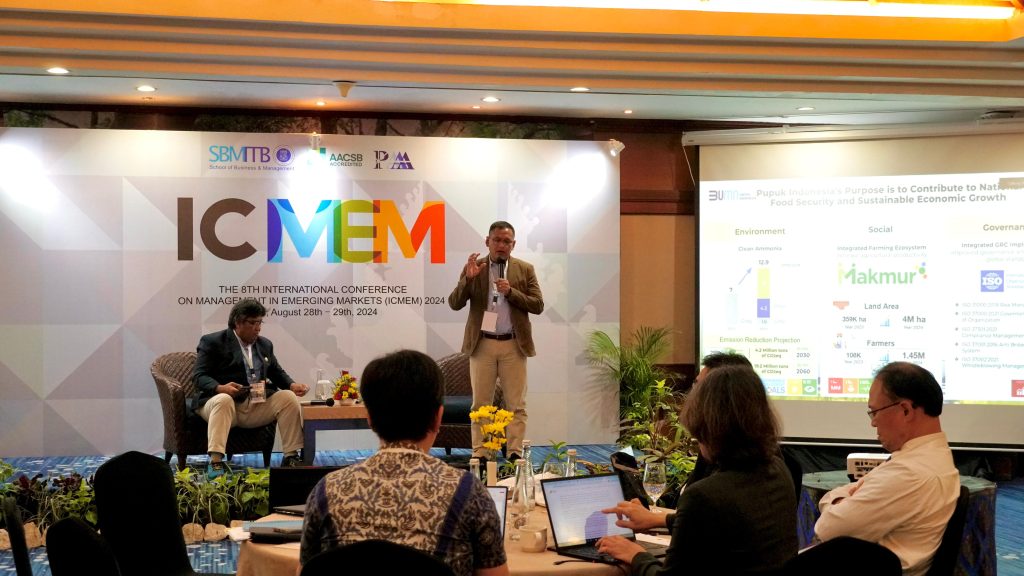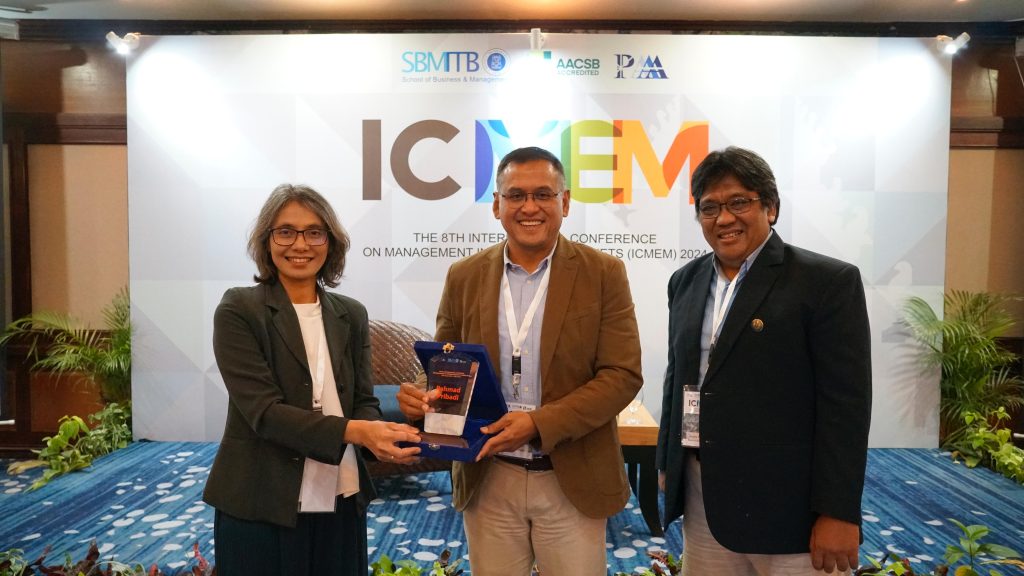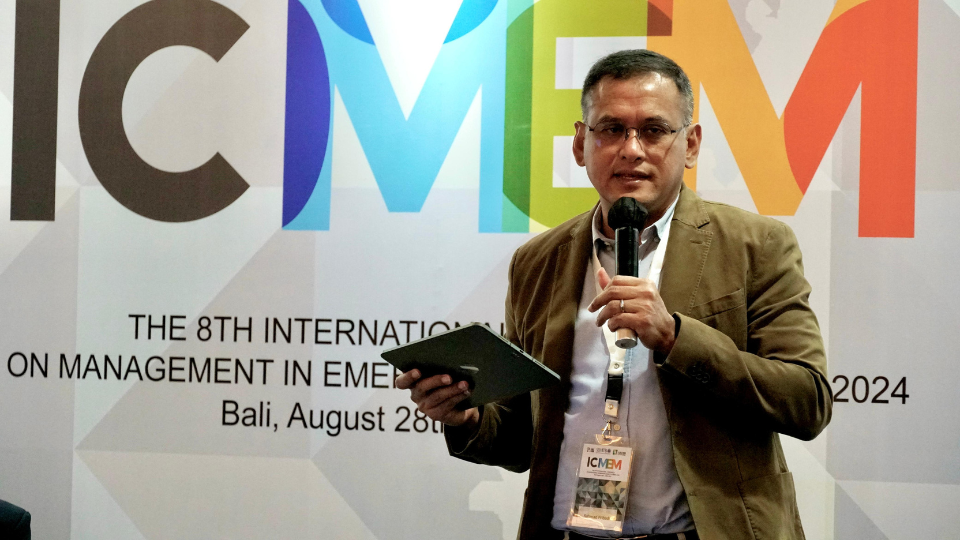“PT Pupuk Indonesia (Persero) is the largest producer of nitrogen fertilizers in the Asia Pacific, Middle East, and Africa, with an annual production capacity of 14.5 million tons of nitrogen fertilizers and 9 million tons of urea,” stated Rahmad Pribadi, CEO of Pupuk Indonesia (Persero), during a recent presentation.
“We recognize the importance of Sustainable Development Goals (SDG) and Environmental, Social, and Governance (ESG) elements and how these are interconnected in achieving sustainability,” Rahmad emphasized during the plenary session of the 2024 International Conference on Management in Emerging Markets (ICMEM). The “Sustainability and ESG Best Practices in Indonesian and UK Companies” session highlighted the company’s commitment to sustainable practices.
Pupuk Indonesia approaches ESG and SDG targets through three key perspectives: environmental, social, and corporate governance. On the environmental front, the company has implemented energy efficiency and optimization measures, embraced circular economy practices, and made significant investments in green energy and ammonia. Pupuk Indonesia has also established a clean ammonia facility with a production capacity of 7 million tons as part of its green initiatives.
“With all the initiatives we are implementing across Indonesia, we are confident that by 2030, we will achieve a 29% reduction in emissions,” Rahmad added.
Regarding social responsibility, Rahmad highlighted the company’s “Makmur” program, which aims to empower farmers nationwide. This initiative provides farmers access to cutting-edge technology, financial resources, and lucrative markets, ultimately boosting their productivity and profitability. “Rice farmers have experienced a 15% increase in output and a 30% rise in income, showcasing the positive impact of the Makmur program on agriculture,” Rahmad noted.

The Makmur program extends beyond financial aid and technology by offering expert agronomist guidance to ensure crops are cultivated and harvested under optimal conditions, maintaining the highest quality standards.
Rahmad also stressed the importance of corporate governance, especially given the size and complexity of Pupuk Indonesia. He noted that the company’s performance in various assessments conducted by the Ministry of State-Owned Enterprises and the Corporate Governance Perception Index has steadily improved, culminating in a prestigious “Highly Trusted” rating.
As a state-owned enterprise, Pupuk Indonesia is committed to advancing agricultural productivity and sustainability through innovation and community engagement. Aligned with the SDGs and ESG principles, the company is dedicated to establishing itself as a global leader in the fertilizer industry.
During Workshop 1 of the 2024 ICMEM International Conference, organized by SBM ITB, Rahmad Pribadi shared insights alongside Prof. Mark Gilman, an economics professor from the University of Derby, UK.





